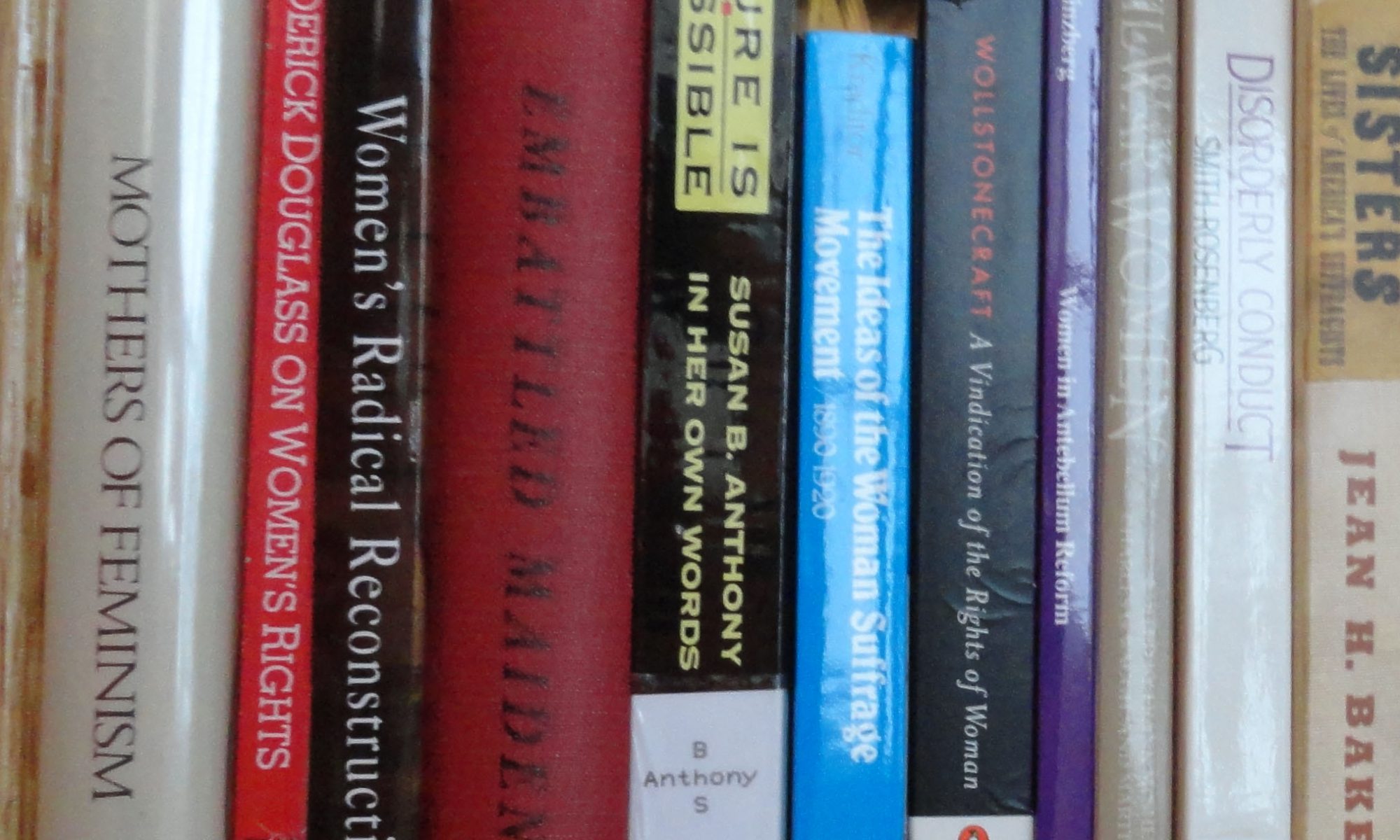
“I’ve learned that people will forget what you said, people will forget what you did, but people will never forget how you made them feel.” Maya Angelou
Maya Angelou passed away on May 28th. A teacher, writer, poet, activist, and dancer she is best known for her series of autobiographical works detailing what life was like for a black woman growing up in America. But in her lifetime she had many other accomplishments including a successful acting, dance and singing career, serving as a reporter and editor in Egypt and Ghana, being the first African-American woman to write a movie script – Georgia Georgia nominated for a Pulitzer in 1972 and to direct a major motion picture Down on the Delta in 1998. Her audio recording of the poem she read at the 1993 Clinton inauguration “On the Pulse of the Morning” was awarded a Grammy.
In an April 2013 interview for the Daily Beast Angelou described her writing routine as follows: “I do still keep a hotel room in my hometown, and pay for it by the month. I go around 6:30 in the morning. I have a bedroom, with a bed, a table, and a bath. I have Roget’s Thesaurus, a dictionary, and the Bible…[and] Usually a deck of cards and some crossword puzzles. Something to occupy my little mind. I think my grandmother taught me that. She didn’t mean to, but she used to talk about her “little mind.” So when I was young, from the time I was about 3 until 13, I decided that there was a Big Mind and a Little Mind. And the Big Mind would allow you to consider deep thoughts, but the Little Mind would occupy you, so you could not be distracted. It would work crossword puzzles or play Solitaire, while the Big Mind would delve deep into the subjects I wanted to write about. So I keep the room. I have all the paintings and any decoration taken out of the room. I ask the management and house-keeping not to enter the room, just in case I’ve thrown a piece of paper on the floor, I don’t want it discarded. About every two months I get a note slipped under the door: “Dear Ms. Angelou, please let us change the linen. We think it may be moldy!” But I’ve never slept there, I’m usually out of there by 2. And then I go home and I read what I’ve written that morning, and I try to edit then. Clean it up. And that’s how I write books!”
And did she write books! In her first autobiographical work I Know Why The Caged Bird Sings  Angelou explored the themes of racism, identity, and family which are the keystones of all her work. The following excerpt comes from her high school years.
Angelou explored the themes of racism, identity, and family which are the keystones of all her work. The following excerpt comes from her high school years.
When spring classes began, I resumed my commitment with formal education. I was so much wiser and older, so much more independent, with a bank account and clothes that I had bought for myself, that I was sure that I had learned and earned the magic formula which would make me a part of the gay life my contemporaries led.
Not a bit of it. Within weeks I realized that my schoolmates and I were on paths moving diametrically away from each other. They were concerned and excited over approaching football games, but I had in my immediate past raced a car down a dark and foreign Mexican mountain. They concentrated great interest in who was worthy of being student body president, and when metal bands would be removed from their teeth, while I remembered sleeping for a month in a wrecked automobile and conducting a street car in the uneven hours of the morning.
Without willing it I had gone from being ignorant of being ignorant to being aware of  being aware. And the worst part of my awareness was that I didn’t know what I was aware of. I knew that I knew very little, but I was certain that the things I had yet to learn wouldn’t be taught to me at George Washington High School.
being aware. And the worst part of my awareness was that I didn’t know what I was aware of. I knew that I knew very little, but I was certain that the things I had yet to learn wouldn’t be taught to me at George Washington High School.
What are you aware or not aware of, and how does it affect your writing?
